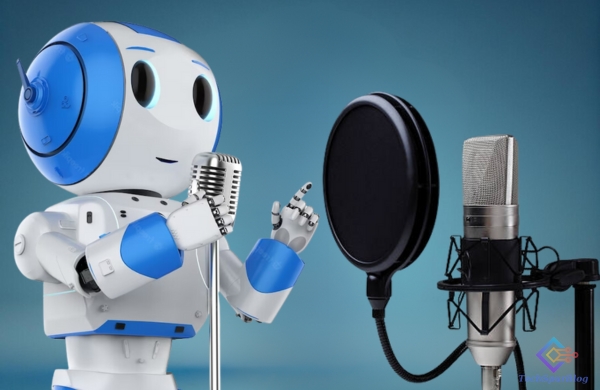
HeyGen AI has unveiled a groundbreaking innovation that promises to revolutionize the world of internet videos: an advanced AI-powered dubbing system. While traditional dubbing in major productions like series and films is commonplace, adapting online videos to various languages has posed a significant challenge. HeyGen AI aims to change that paradigm.
In recent Twitter posts, HeyGen AI showcased its cutting-edge AI-driven dubbing technology, introducing a new generation of dubbing that leverages artificial intelligence. The demonstration included examples of well-known figures like Elon Musk speaking fluent Spanish and French, popular YouTuber Marques Brownlee doing the same, and even actor Pedro Pascal speaking in Hindi. What truly sets HeyGen AI apart is the remarkable quality of the results.
Also Read: Google’s AI-Powered Search to Display Video Results for Enhanced Query Answers
But how does HeyGen AI achieve such clear dubbing? Based on the videos published, the process appears to involve two key steps. First, the AI adapts lip movements to match the translated words, utilizing a technique reminiscent of deepfake technology. Then, it replicates the person’s voice and intonation in the target language.
🚨 Our video translation feature is officially LIVE!
Tips to get the best results:
– Use footage that has no background noise, music or sound effects
– Use footage that only has one person talking👉 Try it here: https://t.co/ahh4QsTSdk https://t.co/xKun9ocp6U
— HeyGen (@HeyGen_Official) September 7, 2023
The outcome is astonishing dubbing with a production time of just a few minutes, thanks to the efficiency of AI. This breakthrough enables content creators to easily upload videos to their preferred platforms with multilingual options, catering to a broader and more diverse audience.
However, it’s important to note that the technology is not flawless. Some critics argue that the AI-generated dubbing can sometimes sound robotic, especially in languages like Spanish, though similar issues can arise in other languages. Nevertheless, considering it’s a relatively new and developing technology, the progress is indeed impressive.
Also Read: AI-Generated Content is Set to Revolutionise the E-Learning
Ethical Concerns Surrounding AI Dubbing and Artist Integrity
While HeyGen’s technology is undeniably impressive, ethical concerns loom large. The question arises as to what extent it is ethical to use an artist’s image and voice for various purposes. Utilizing something as personal as an individual’s voice for any purpose can be potentially problematic, as demonstrated by the ethical issues raised by deepfake technology.
Moreover, this development raises questions about the state of the entertainment industry, particularly in Hollywood. The industry is already grappling with issues such as strikes over mistreatment, low wages, and an increasingly blurred line between an actor’s attributes and AI-enhanced portrayals. Even before this, there were complaints about advertising companies appropriating artists’ voices for their commercials, often through AI technologies similar to what HeyGen presents for dubbing.
Also Read: How to Become a Vtuber- 3 AI Tools for Success Start
Additionally, recent controversies surrounding AI-generated 3D imagery, which were revealed to involve poorly paid labor in third-world countries, serve as a reminder of the ethical complexities that can arise in the pursuit of technological advancement.
HeyGen’s technology, however, is just a tool. Regulating its use poses significant challenges, as it not only impacts the image and integrity of artists but also affects everyone who publishes content online—a majority of internet users today. While the technology is undeniably impressive, it opens a Pandora’s box of ethical questions that will require careful consideration and oversight in the evolving digital landscape.

Leave a Reply